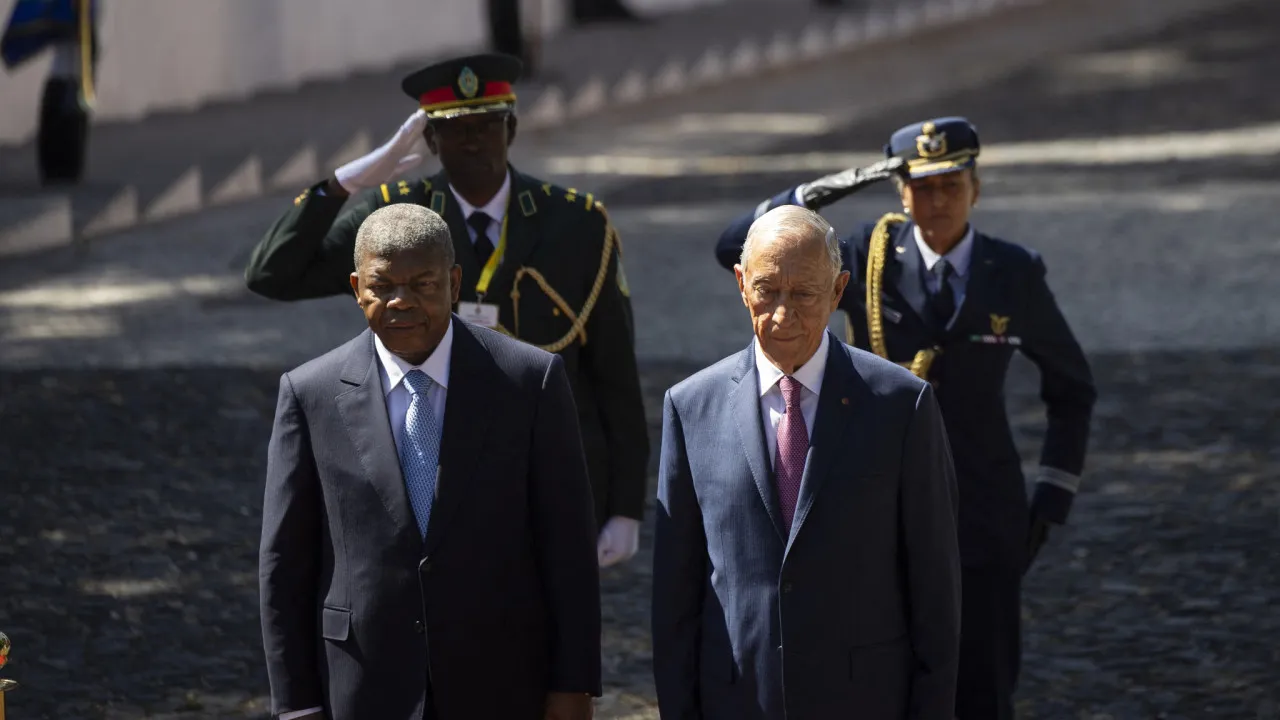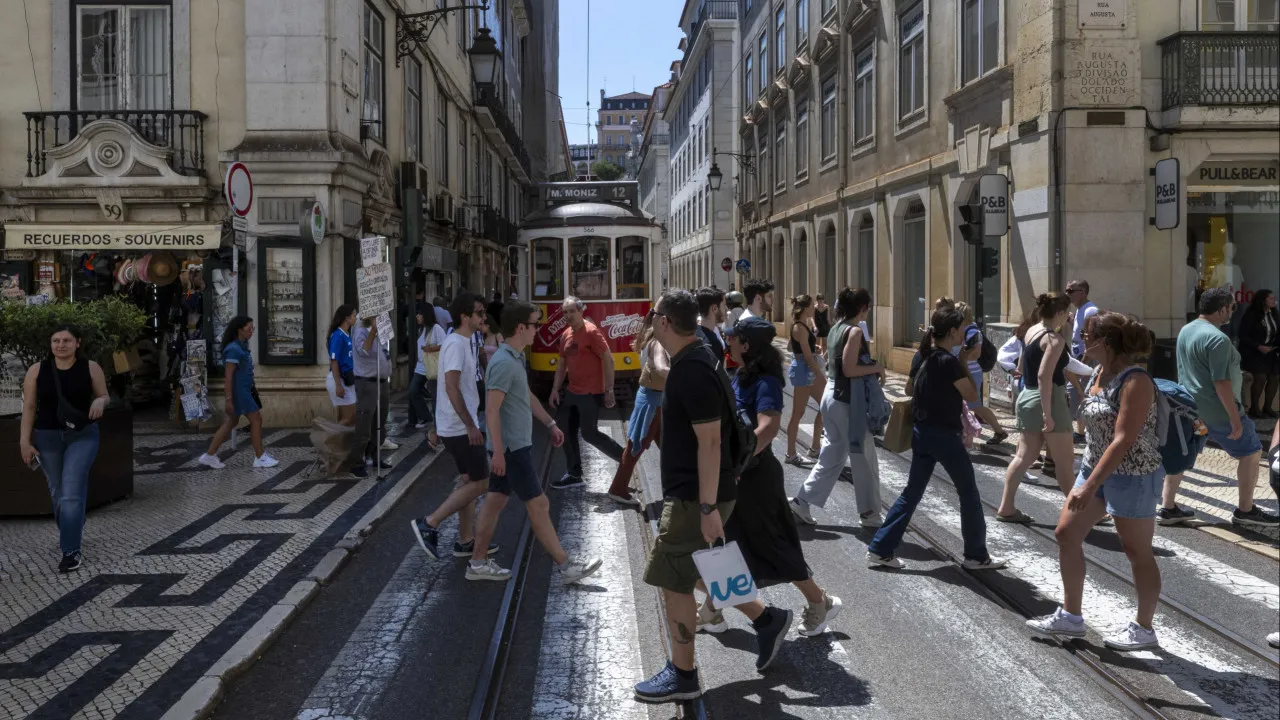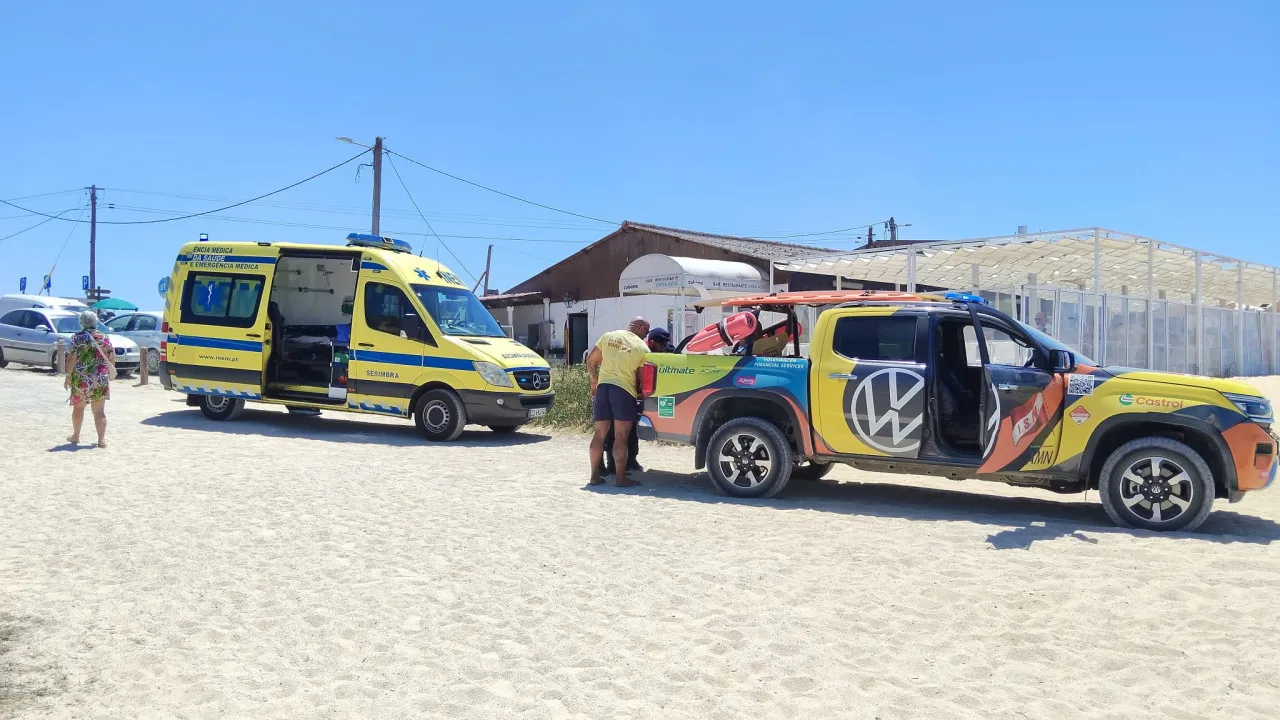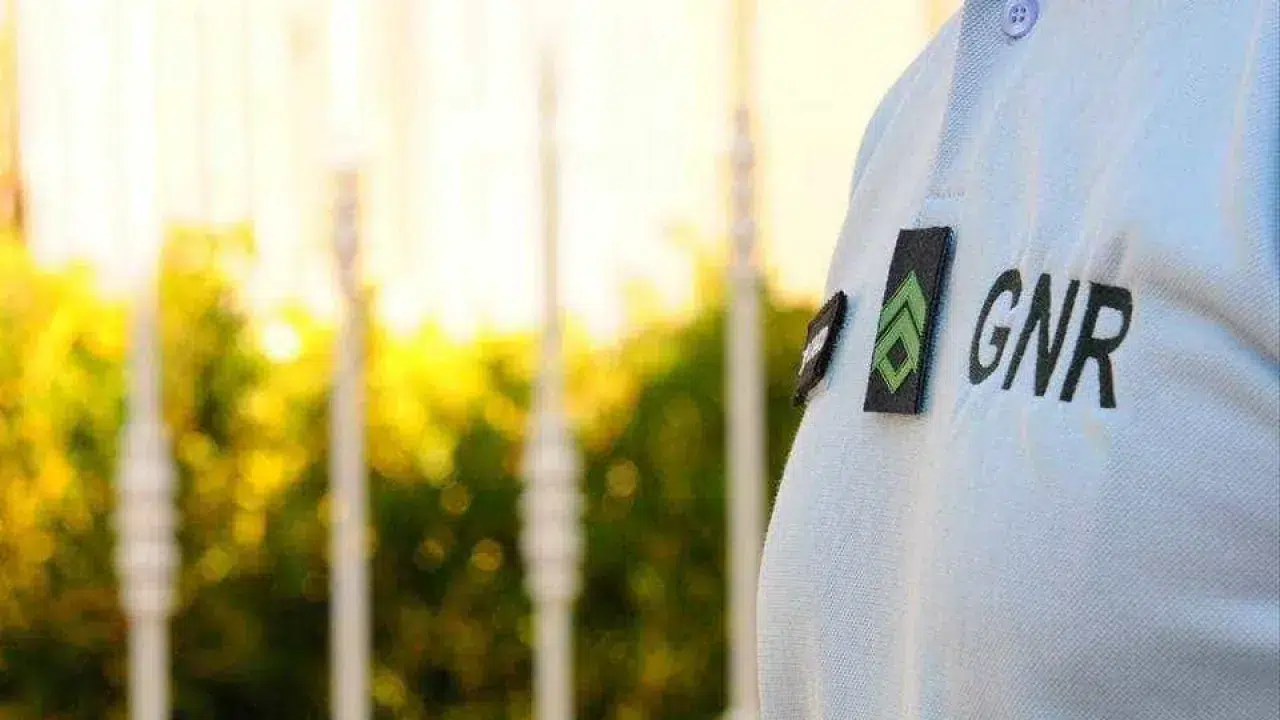
Marcelo Rebelo de Sousa urged enhanced European engagement with Africa during a session at the Eurafrican Forum in Carcavelos, Cascais, which featured a dialogue with the President of Angola.
João Lourenço emphasized that Europe could “do more and better” in Africa, noting the “great potential and opportunities” for investment in sectors like energy and infrastructure, which would benefit both continents.
After hearing these remarks, Marcelo Rebelo de Sousa agreed on the necessity of cooperation in areas like digital technology, high technology, and energy transition, and called for a “new European commitment to understanding Africa.”
“Why does Europe take so long to understand things that are obvious? Because Europe has been developing piece by piece, with significant attention to internal geopolitics,” he remarked.
According to Rebelo de Sousa, the European Union sometimes “focuses excessively on itself,” concerning issues like expansion, institutional functioning, internal crises, and more recently, the war in Europe and defense investments.
“Every time Europe is called to focus on itself, it loses sight of the world, even in explaining why seemingly European issues are global matters. And it loses sight of its relationship with Africa, which has happened many times,” he warned.
This focus on internal matters, he continued, makes Europe commercially strong but less visible as a global power, especially in economic and financial terms.
Marcelo referenced the 25th EU-China summit held in Beijing, expressing his appreciation for this meeting and emphasizing that Europe lacks no reason to engage in economic and financial cooperation with China.
He noted this cooperation had “stalled for years” but hoped Europe would start realizing that “looking outward is more significant than looking inward.”
“And in looking outward, that outside (…) is also an inside because it’s a reality that exists outside and inside Europe, called Africa. It seems evident,” he added.
Marcelo Rebelo de Sousa also mentioned Angola’s current presidency of the African Union, praising João Lourenço for his “three strategic lines”: defending peace, a continental vision with strategic mobility axes at all levels, and a “change in financing.”
“These three major lines must be understood by Europe and the EU, especially at the EU-African Union summit in November in Luanda,” he stated.
At a time when the trend appears to be “not multilateralism” but “isolation,” this summit could be vital for Europe to better understand the partnership with Africa and its importance in the current and future global power balance.
“Its importance in building an international system with reliable rules, values, and principles for the global economy to function is being constructed,” he said.
Asked to deliver a message to Africa and the African Union as a European leader, Marcelo Rebelo de Sousa expressed “great confidence in European commitment, which marks a qualitative leap in the European Union,” and a “new phase” in relations between the two continents after the November summit.




